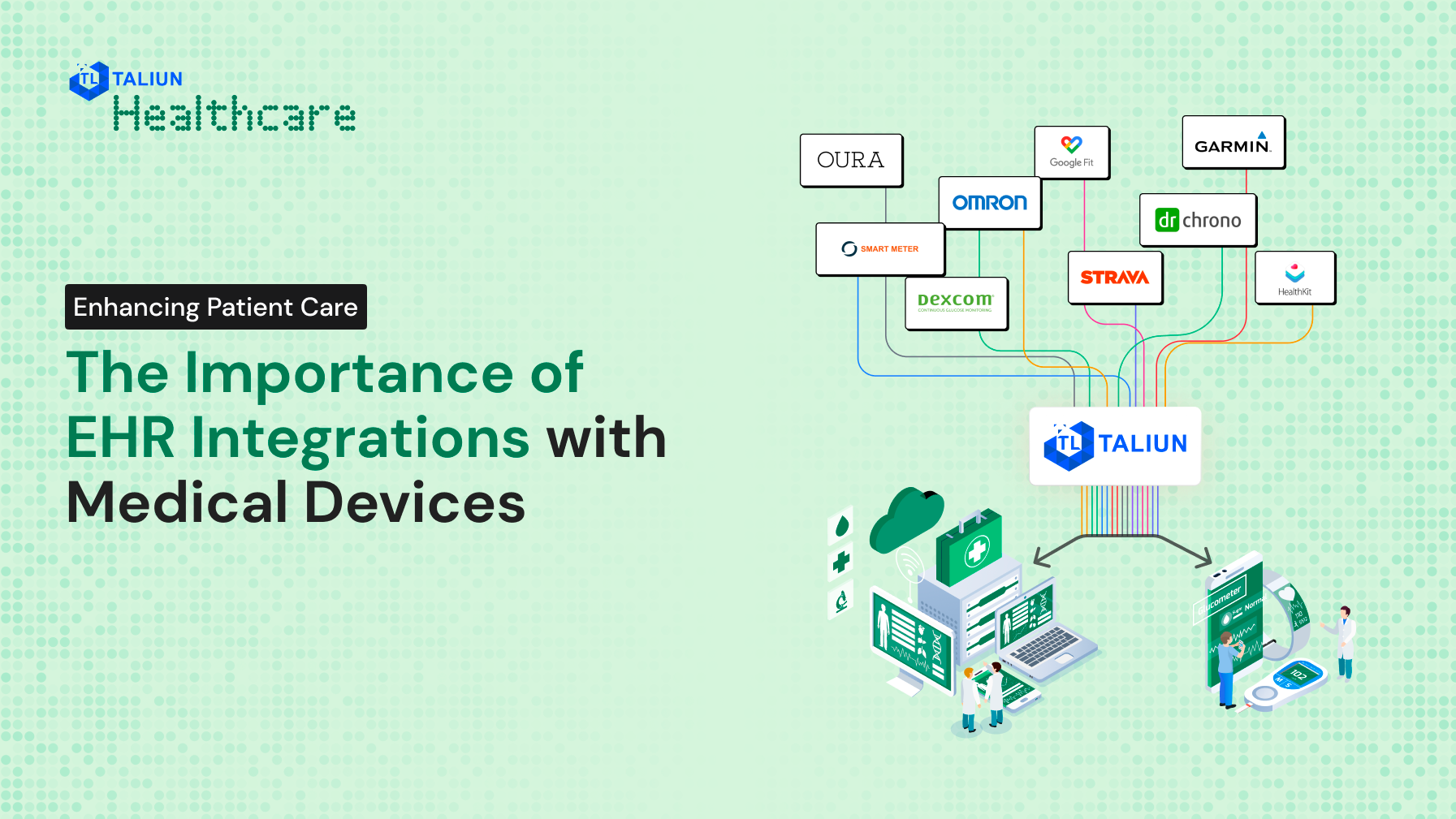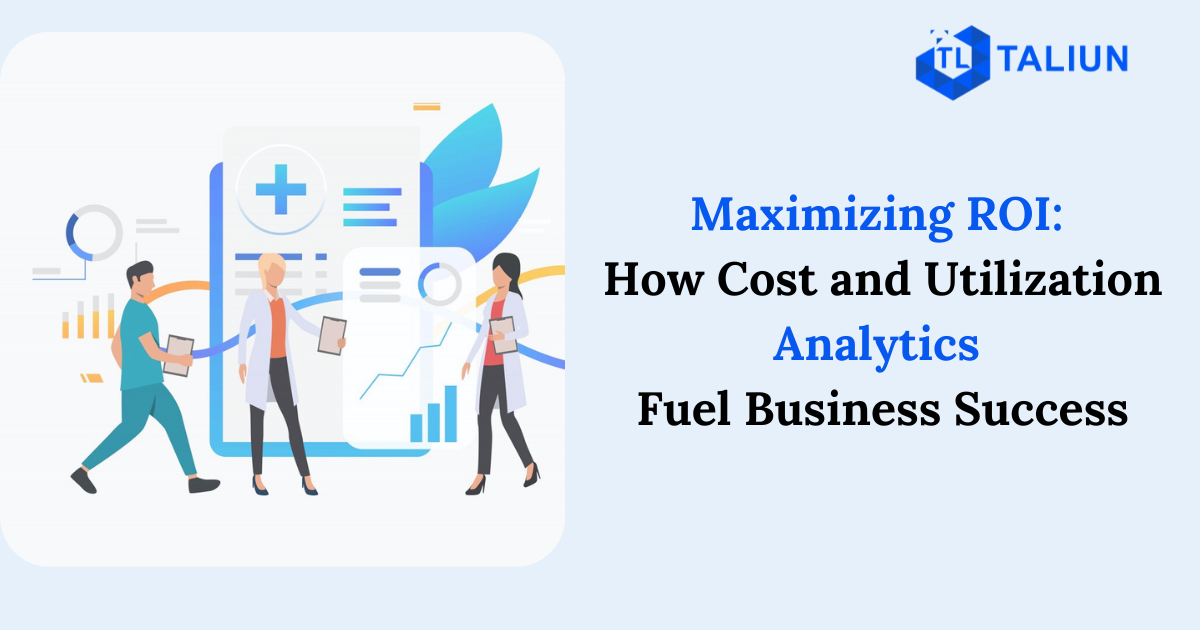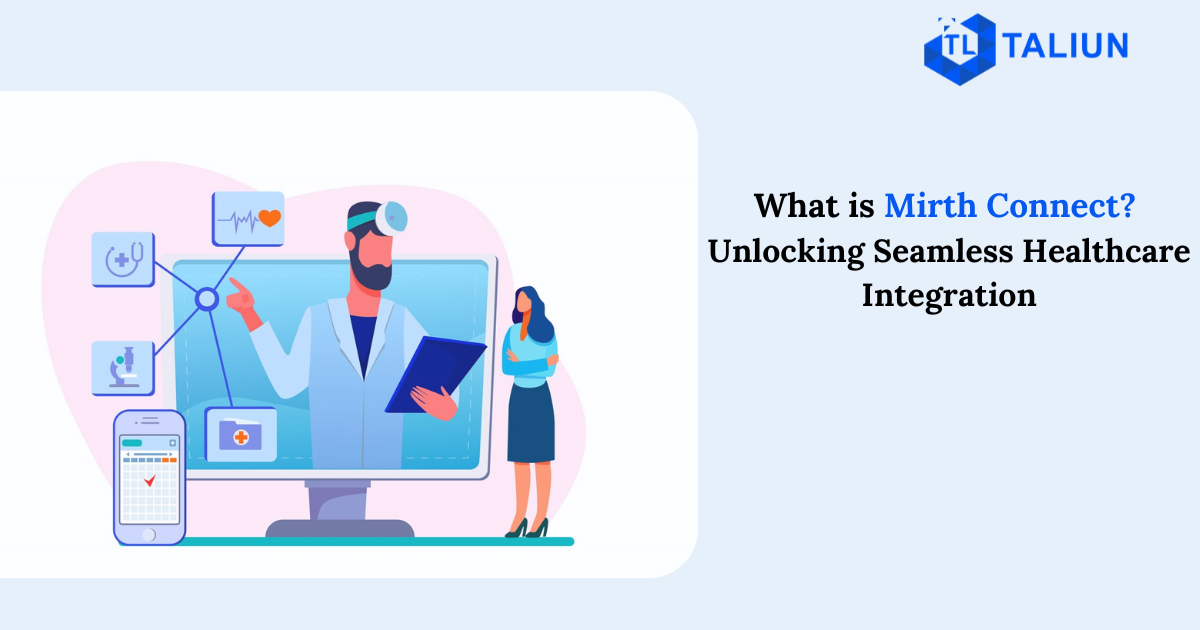Empowering Healthcare: The Integration of EHRs with Medical Devices

In the digital age, the integration of Electronic Health Records (EHRs) with medical devices represents a significant leap forward in the evolution of patient care. This synergy between technology and healthcare is not just about enhancing efficiency; it's about revolutionizing the way care is delivered, monitored, and optimized. By seamlessly combining the data from various medical devices directly into a patient's electronic health record, healthcare providers can achieve a level of precision and personalization previously unimaginable. This blog explores the transformative impact of EHR integrations with medical devices on the healthcare landscape.
The Dawn of a New Era in Patient Care
The healthcare industry has long been inundated with data, yet the challenge has always been in harnessing this data in a meaningful way. Medical devices, ranging from simple blood pressure monitors to complex pacemakers, generate vast amounts of vital health data. Historically, this data often remained siloed or required manual entry into a patient's EHR, introducing potential for error and inefficiency. The integration of these devices with EHRs automates this process, ensuring that the data is not only accurately captured but also immediately accessible to healthcare providers.
The Benefits of EHR and Medical Device Integration
Real-time Health Monitoring and Alerts
One of the most significant advantages of integrating EHRs with medical devices is the ability to monitor patients' health in real-time. Devices can automatically send updates to a patient's EHR, providing healthcare professionals with immediate access to critical health metrics. This real-time data can trigger alerts for abnormal readings, allowing for swift interventions that could be life-saving.
Enhanced Patient Engagement
When patients know that their health metrics are being monitored and acted upon, it encourages a greater level of engagement with their own healthcare journey. Many modern medical devices are designed to provide feedback not only to healthcare providers but also directly to patients, empowering them to take an active role in managing their health conditions.
Streamlined Workflow and Increased Accuracy
Integrating medical devices with EHRs streamlines clinical workflows by reducing manual data entry and the associated risk of errors. This automation frees up healthcare professionals to focus more on patient care rather than administrative tasks, enhancing the overall efficiency and effectiveness of healthcare delivery.
Personalized Care Plans
The detailed and accurate data provided by integrated medical devices allows healthcare providers to tailor care plans to the individual needs of each patient. This personalized approach can lead to better outcomes and a more satisfying healthcare experience for patients.
Overcoming Challenges
Despite the clear benefits, integrating EHRs with medical devices is not without its challenges. Issues such as data privacy and security, interoperability between different systems and devices, and the need for standardization across the industry must be addressed. Moreover, training healthcare staff to effectively utilize these integrated systems is crucial for maximizing their potential benefits.
The Future of Healthcare Integration
The integration of EHRs with medical devices is just the beginning. As technology continues to advance, we can expect to see even more innovative integrations, including the use of artificial intelligence and machine learning to analyze health data and predict health outcomes. The future of healthcare is one where technology and care delivery are seamlessly integrated, leading to unprecedented levels of efficiency, accuracy, and patient-centered care.
In conclusion, the integration of EHRs with medical devices marks a pivotal shift in the healthcare industry. By leveraging the power of technology, healthcare providers can offer more precise, personalized, and proactive care. As we navigate the challenges and embrace the opportunities presented by this integration, we move closer to realizing the full potential of digital health in improving patient outcomes and transforming the healthcare landscape.




